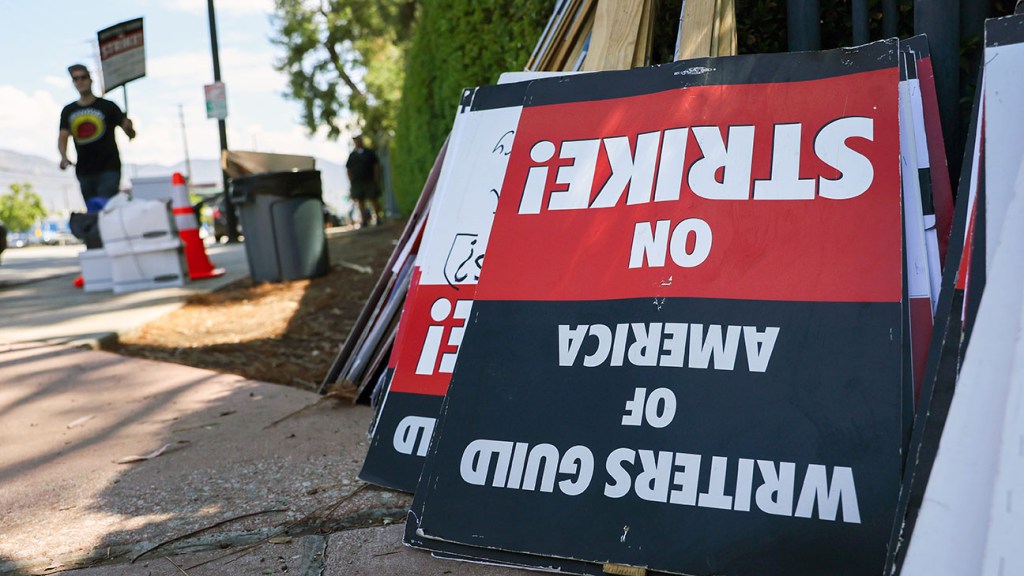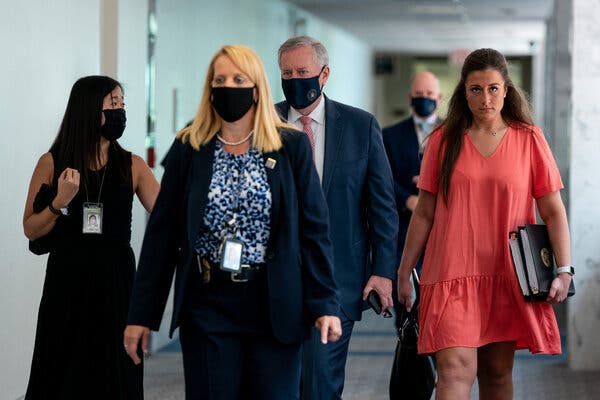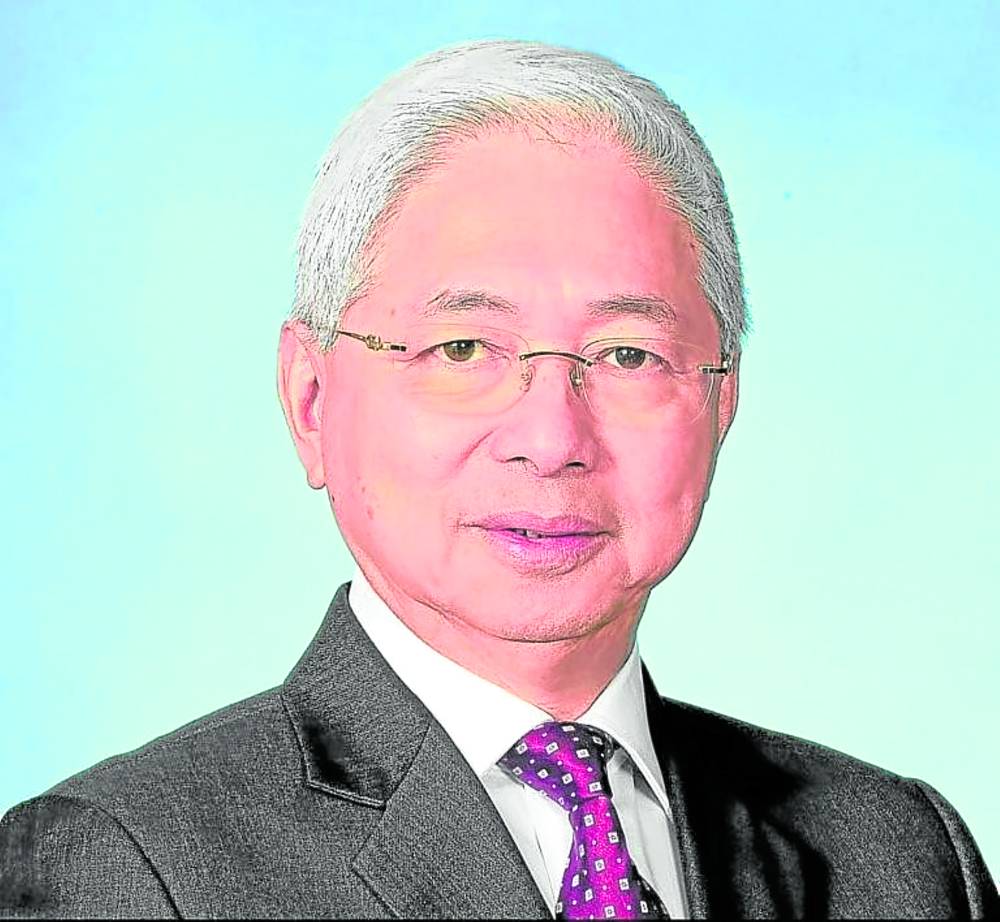Hollywood At A Standstill: The Joint Actors And Writers Strike

Table of Contents
The Core Issues Fueling the Hollywood Strike
The current strike isn't simply about pay; it's a culmination of years of shifting industry practices that have left writers and actors feeling undervalued and exploited.
Fair Compensation and Residuals in the Streaming Era
The rise of streaming services has fundamentally altered the landscape of television and film. While streaming platforms boast massive profits, the compensation models for writers and actors haven't kept pace. Traditional television models, including residuals, which provided ongoing payments based on the continued success of a show, have been drastically reduced or eliminated entirely in the streaming world.
- Unfair Compensation Models: Many streaming deals offer flat fees, regardless of a show's popularity or longevity. This contrasts sharply with the lucrative residual payments writers and actors received from syndication and DVD sales in the past.
- Disparity between Streaming Giants and Creators: The enormous profits of companies like Netflix, Disney+, and Amazon Prime Video stand in stark contrast to the often-meager compensation received by the individuals whose creative work fuels these platforms.
- The Fight for Increased Transparency in Streaming Revenue: The lack of transparency regarding streaming revenue makes it difficult for actors and writers to assess the fairness of their compensation. The unions are demanding greater clarity and a fairer share of the profits.
Artificial Intelligence (AI) and its Impact on Creative Work
The increasing use of AI in the entertainment industry is a major point of contention. Actors and writers fear that AI could be used to replace human creativity, generating scripts, creating digital likenesses for actors without their consent, and ultimately devaluing their skills and eroding job security.
- Specific Examples of AI’s Potential Use: AI could be used to generate low-budget scripts, create deepfakes of actors for future projects without their involvement or compensation, and even analyze audience data to predict future trends, potentially reducing the need for human writers.
- Concerns about Ownership of AI-Generated Content: The legal and ethical questions surrounding ownership of AI-generated content are largely unresolved. Who owns the copyright to a script or character generated by an AI? These are crucial issues for the unions to address.
- Demands for Safeguards and Regulations: The unions are pushing for regulations and safeguards to prevent the unchecked use of AI, ensuring human creative talent remains central to the industry.
Working Conditions and Health Insurance
The demanding schedules and often precarious nature of work in the entertainment industry contribute to challenging working conditions. Long hours, tight deadlines, and the high cost of health insurance for freelance workers are significant concerns.
- Examples of Unsafe Working Conditions: Actors and writers frequently work long hours under pressure, sometimes in challenging or unsafe environments.
- Increased Pressure on Performers: The pressure to maintain a high level of performance, often with inadequate rest or preparation time, contributes to burnout and stress.
- Cost of Healthcare for Freelance Workers: Many actors and writers work on a project-by-project basis, lacking the consistent employment and benefits packages common in other industries. Access to affordable healthcare is a significant challenge.
The Impact of the Strike on the Entertainment Industry
The "Hollywood at a Standstill" situation is having far-reaching consequences.
Production Shutdowns and Delays
The strike has brought major productions to a complete halt, with numerous film and television projects indefinitely postponed. This includes high-profile releases from major studios.
- Examples of Major Productions Affected: Countless films and television shows across all major networks and streaming services are impacted, leading to significant production delays.
- Projected Financial Losses for Studios and Related Businesses: The economic impact of the strike on studios, production companies, and related industries (catering, transportation, etc.) is substantial and continues to grow daily.
Economic Consequences for Workers and the Economy
The strike is causing significant financial hardship for actors and writers, many of whom rely on per-project income. This also ripples through local economies, impacting businesses reliant on the entertainment industry.
- Statistics on the Number of Workers Affected: Tens of thousands of workers are directly affected by the strike, with even greater numbers indirectly impacted.
- Estimates of Economic Losses: The economic consequences for Los Angeles and the nation are significant and will only increase if the strike continues.
The Public's Perception and Support for the Strike
Public opinion largely supports the striking actors and writers, recognizing the unfair practices and the need for industry reform. This positive public sentiment strengthens the unions’ negotiating position.
- Social Media Reactions: Social media platforms are flooded with messages of support for the strike and condemnation of the studios' practices.
- News Coverage: Major news outlets have widely covered the strike, highlighting the key issues and the economic impact.
- Potential Long-Term Effects on Viewer Attitudes: The strike's duration and resolution will shape viewer attitudes towards studios and streaming services in the long term.
The Future of Hollywood and the Ongoing Actors and Writers Strike
The "Hollywood at a Standstill" situation underscores the urgent need for fair compensation, improved working conditions, and safeguards against the misuse of AI in the entertainment industry. The strike's significant impact on the industry, the economy, and the livelihoods of countless workers cannot be overstated. The outcome of these negotiations will have lasting consequences for the future of Hollywood and the creative landscape. The potential resolutions range from a swift, mutually agreeable contract to a prolonged stalemate with unpredictable consequences.
Follow the progress of the Hollywood strike and support fair compensation for actors and writers. Stay updated on the Hollywood actors and writers strike to understand its lasting impact on the entertainment industry. Visit the WGA and SAG-AFTRA websites for the latest information and updates.

Featured Posts
-
 Cassidy Hutchinson Key Jan 6 Witness To Publish Memoir This Fall
May 06, 2025
Cassidy Hutchinson Key Jan 6 Witness To Publish Memoir This Fall
May 06, 2025 -
 Sabrina Carpenter And Fun Size Co Star Surprise Snl Audience
May 06, 2025
Sabrina Carpenter And Fun Size Co Star Surprise Snl Audience
May 06, 2025 -
 The Countrys Newest Business Hot Spots An Investment Guide
May 06, 2025
The Countrys Newest Business Hot Spots An Investment Guide
May 06, 2025 -
 Aussie Dollar Vs Kiwi Dollar Traders Bet On Aud Strength
May 06, 2025
Aussie Dollar Vs Kiwi Dollar Traders Bet On Aud Strength
May 06, 2025 -
 Value For Money Top Picks For Cheap But Good Items
May 06, 2025
Value For Money Top Picks For Cheap But Good Items
May 06, 2025
Latest Posts
-
 Review Of Nikes New Jordan Chiles And Sha Carri Richardson So Win Apparel
May 06, 2025
Review Of Nikes New Jordan Chiles And Sha Carri Richardson So Win Apparel
May 06, 2025 -
 Met Gala 2025 An Early Look At The Potential Celebrity Attendees
May 06, 2025
Met Gala 2025 An Early Look At The Potential Celebrity Attendees
May 06, 2025 -
 Nikes So Win Collection Show Your Support For Jordan Chiles And Sha Carri Richardson
May 06, 2025
Nikes So Win Collection Show Your Support For Jordan Chiles And Sha Carri Richardson
May 06, 2025 -
 Predicted Met Gala 2025 Guest List Celebrities We Hope To See
May 06, 2025
Predicted Met Gala 2025 Guest List Celebrities We Hope To See
May 06, 2025 -
 Where To Buy Nikes Jordan Chiles And Sha Carri Richardson So Win Collaboration Shirts
May 06, 2025
Where To Buy Nikes Jordan Chiles And Sha Carri Richardson So Win Collaboration Shirts
May 06, 2025
